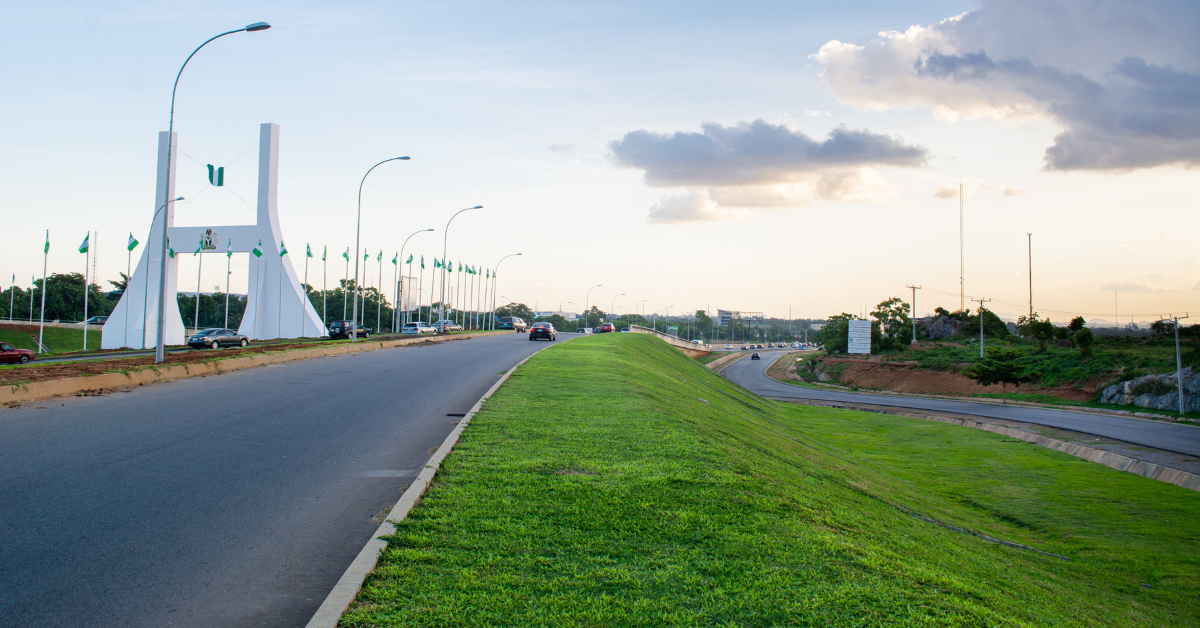Abuja, the capital of Nigeria, is sometimes written in Kanji as “阿布加.” This rare transcription sparks curiosity among Japanese readers. While Japan often associates Africa with distant or unfamiliar images, Abuja stands as a planned capital designed for neutrality, politics, and international exchange.
The Place Name Abuja and the Kanji “阿布加”
The name Abuja is sometimes represented in Japanese as “阿布加.” This notation is based on phonetic transcription, influenced by transliterations from Chinese and other languages. Since foreign place names in Japanese are usually written in Katakana, the Kanji form is rare and has an old-fashioned feel.
The characters “阿布加” are chosen for sound rather than meaning. For Japanese readers, Kanji makes the name feel familiar, yet the city still seems distant as an African capital. Such Kanji notations occasionally appear in geography or international relations, but in everyday use, the Katakana spelling “アブジャ” is far more common.
Why Abuja Was Chosen as the Capital
Abuja officially became Nigeria’s capital in 1991. Lagos, the former capital, had become overcrowded with severe traffic jams and growing security issues. Abuja, located in the country’s center, was chosen as the new national hub.
The distinctive feature is that Abuja is a planned city. International experts were involved in its design, creating wide roads and organized administrative districts. In a country with significant ethnic and religious diversity, Abuja was built to function as a neutral capital.
| Former Capital Lagos | New Capital Abuja |
|---|---|
| Located on the Atlantic coast | Located in central Nigeria |
| Developed as a commercial city | Administrative and political center |
| Overcrowded, heavy traffic | Planned urban development |
| Frequent security issues | Relatively stable environment |
The Image Japanese People Have of Abuja
Compared to cities like Lagos or Cairo, Abuja is not widely recognized in Japan. However, when introduced as the capital of Nigeria, more people understand its political role.
The main impressions Japanese people hold about Abuja can be summarized as follows:
| Japanese Perception | Background |
|---|---|
| An unknown city | Limited knowledge of Africa in general |
| Concerns about safety | Media often highlight social instability |
| A stage for diplomacy | Host of international meetings and summits |
| A developing city | Evidence of planned urban functions |
While many see Abuja as unfamiliar and distant, some Japanese are beginning to feel a connection through soccer and international exchange.
Abuja’s Cityscape and Living Environment
As the nation’s capital, Abuja is home to government offices, the National Assembly, and the Presidential Palace. The cityscape is characterized by modern architecture and planned infrastructure. Abundant green spaces and parks give the city a balance between nature and urban development.
Hotels and restaurants catering to foreigners are plentiful, designed for business visitors and diplomats. However, there are stark differences in living standards between the city center and the outskirts, where infrastructure is less developed. This gap reflects the challenges of rapid urban growth and population increase.
| Area | Characteristics |
|---|---|
| Government district & city center | Modern buildings, organized roads, facilities for foreigners |
| Residential areas | Home to a wide range of socioeconomic classes |
| Outskirts | Poor infrastructure, agriculture and small markets dominate |
Abuja and Sports
Nigeria is known as a football powerhouse, and Abuja plays a central role in this. The Abuja National Stadium is a large-scale facility hosting national team matches and international competitions, attracting attention both domestically and abroad. Football is deeply rooted in daily life, with children often seen kicking balls in open spaces.
In addition to football, basketball and athletics are also popular. Abuja frequently hosts national and international events. Nigeria sends numerous athletes to the Olympics, and Abuja serves as a key hub for sports activities.
For Japanese audiences, Nigeria’s football is often remembered for its World Cup appearances and its Olympic gold medal. Knowing that Abuja is the base behind these achievements gives the city added depth. Beyond politics and diplomacy, Abuja also functions as a hub for international exchange through sports.
Conclusion
The Kanji form “阿布加” is a unique transcription that brings a sense of familiarity to Japanese readers while narrowing the distance to Africa. As Nigeria’s capital, Abuja symbolizes the nation’s diversity and future-oriented development.
For Japanese people, the city still feels somewhat abstract and distant, yet its role as a center of international politics and economics is steadily gaining recognition. In sports as well, Abuja holds a central position as the home base of Nigeria’s national teams.
Football and other sports not only energize daily life but also make Abuja a place of global cultural exchange. As ties between Japan and Nigeria deepen, Japanese understanding of Abuja is expected to become more concrete and multifaceted.
Thus, Abuja will be seen not only as a name written in Kanji or a political hub, but as a comprehensive city representing culture, lifestyle, and sports, broadening its image among Japanese people.






